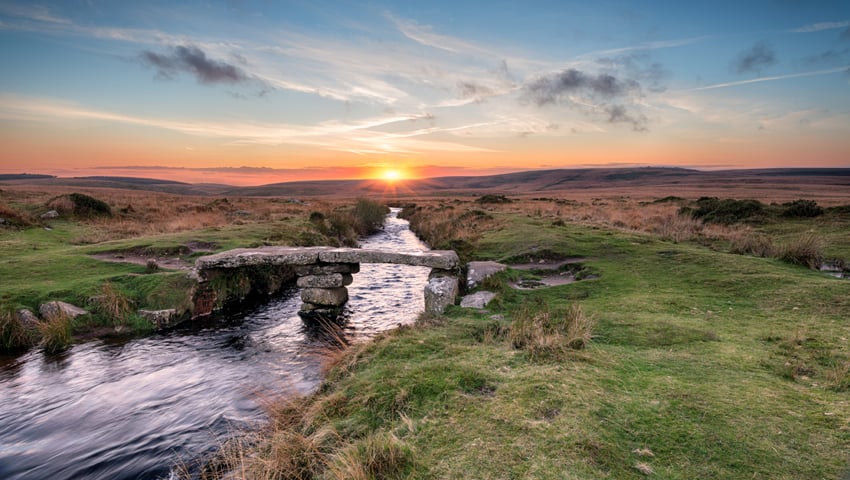THE National Sheep Association (NSA) has welcomed the publication of recommendations from the Dartmoor independent inquiry that confirm pastoral farming is an integral part in the areas future land management.
The Association says that it commends the inquiry panel for its highly detailed, thoughtful, and integrated report.
NSA Chief Executive Phil Stocker said, “There is so much to consider within the findings of this work but I would start by highlighting the fact that commoning and pastoralism were found to have an important part to play in the future management of Dartmoor.
“One of the challenges farming has is to maintain a highly sensitive and traditional approach to the agriculture and grazing on the moor while the sector is constantly dragged in a sometimes conflicting direction of high efficiency, economic pressures and supply chain and market trends. I’m not convinced we can have one without consideration of the wider pressures on farming so its crucial that we connect the findings of this report with new Defra initiatives such as the small abattoir fund to start to change not just farming practices but wider supply chain issues as well.
“This is exactly why NSA established the British Heritage Sheep initiative aiming to create an asset from our genetic heritage and diversity.”
NSA says that it supports the key recommendations made in the report and feels that an independent and inclusive land use management group will be essential for future success. It says that a shared vision is needed, alongside realistic reward for farmers and businesses contributing to the wider public interests, including greater awareness of the value of often unseen benefits provided by the farmers on and around the moor.
Sadly, NSA also recognises the observation in the report that the relationship between Natural England and the farming community has broken down and will take significant time and investment to repair.
Lydia Collas, senior policy analyst at Green Alliance, agrees that farming is central to effective nature restoration on Dartmoor. She said, “Business as usual isn’t working for farmers or nature in our protected landscapes. To restore nature on Dartmoor – where only 7% of Sites of Special Scientific Interest are in favourable condition – we need a big picture approach, as David Fursdon’s new review shows. But farmers need coordinated, long-term support to do that. We simply aren’t putting enough money into landscape recovery through our post-Brexit system of payments, leaving many farms unsure how they will stay in business as the old system is withdrawn. Now is the time to fix farm payments to restore nature, tackle climate change and support hard-working farmers on Dartmoor and across the country.”
Mr Stocker concluded, “So much of this is about communication and respect, and a shared ownership. But it also needs investment of time and money and that in itself raises a bigger question as to whether the government and the treasury are prepared to put a real value on the environment or whether they will continue to expect a silk purse to come from a sows ear.”
